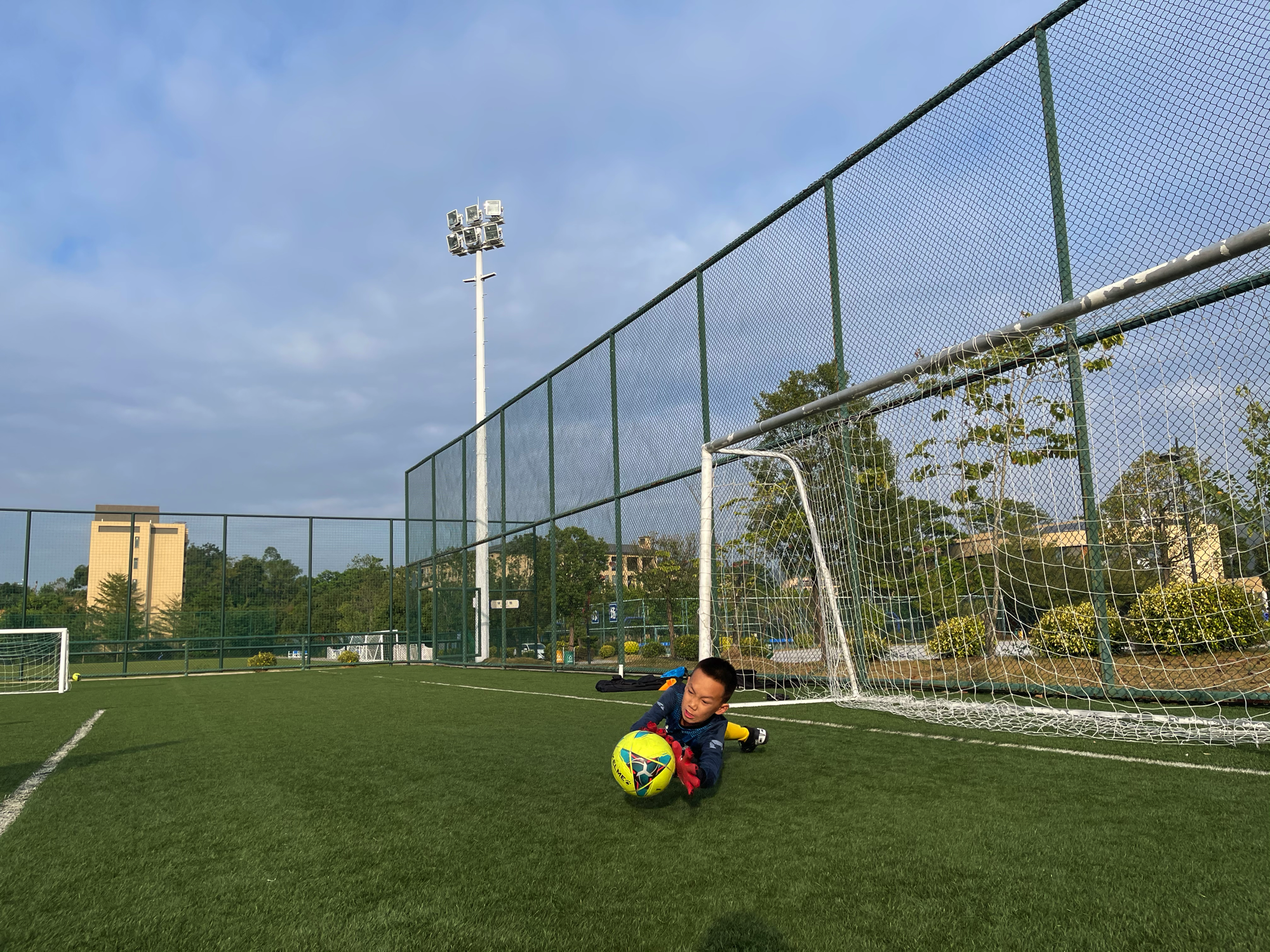

The world of goalkeeper training has changed significantly in recent years, and there is still much written about the best ways to develop goalkeepers.
Terms like 'keeper-sweeper' and 'goalplayer' are becoming more common, which has drastically altered the traditional role of the goalkeeper. Is this evolution justified in modern football?
Ultimately, what we want is a goalkeeper who not only makes great saves but also plays a key role in building up the game.
A goalkeeper who can handle crosses, cover the space behind the defense effectively, and make a difference with their feet.
This is not a new concept; the modern goalkeeper must be capable of more than just guarding the goal line.
However, their primary task remains preventing goals.But how do you train a goalkeeper for this versatile role?
Is there one specific approach, or are there multiple paths to success?
In my view, there is no single 'right' way, but various approaches to developing a goalkeeper.
The most important thing is to start teaching the basic techniques at a young age, ensuring the goalkeeper learns to use both their arms and legs effectively.
Goalkeeper training does not need to take place every day; twice a week is often enough to master the basic skills.
Group training sessions also play an important role in a goalkeeper’s development.
In group sessions, goalkeepers learn not only about positioning but also how to read the game, pass, strike, and participate in game scenarios. After all, a goalkeeper must not only be able to keep goal but also play the ball and effectively cover the space behind the defense—skills that are developed through team training, not individual sessions.
A well-rounded training approach will benefit the goalkeeper as they grow older and gain more experience.
This is why it is important to train goalkeepers broadly and not focus solely on the technical aspects of goalkeeping.When it comes to goalkeeper training, it's about quality over quantity.
Goalkeepers do not improve through endless repetitions without purpose. Ensure that training sessions are effective and tailored to the goalkeeper's developmental level and age.
Children are not adults, and certainly not professionals, so it’s important to design the training schedule accordingly.With the right approach, any goalkeeper can develop into a versatile and valuable player for the team